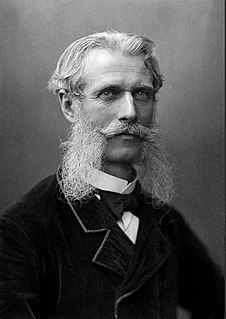A Quote by Josef Pieper
The common element in all the special forms of contemplation is the loving, yearning, affirming bent toward that happiness which is the same as God Himself, and which is the aim and purpose of all that happens in the world.
Related Quotes
The great and secret message of the experiential mystics the world over is that, with the eye of contemplation, Spirit can be seen. With the eye of contemplation, the great Within radiantly unfolds. And in all cases, the eye with which you see God is the same eye with which God sees you: the eye of contemplation.
The unphilosophical and philosophical attitudes can be very sharply distinguished (with scarcely any intermediate forms) by the fact that the first accepts everything that happens as regards its general form, and finds occasion for surprise only in that special content by which something that happens here today differs from what happened there yesterday; whereas for the second, it is precisely the common features of all experience, such as characterise everything we encounter, which are the primary and most profound occasion for astonishment.
Geometry, which before the origin of things was coeternal with the divine mind and is God himself (for what could there be in God which would not be God himself?), supplied God with patterns for the creation of the world, and passed over to Man along with the image of God; and was not in fact taken in through the eyes.
Art is the distillate of life, the winnowed result of the experience of a people, the record of the joyous adventure of the creative spirit in us toward a higher world; a world in which all ideas, thoughts, and forms are pure and beautiful and completely clear, the world Plato held to be perfect and eternal. All works that have in them an element of joy are records of this adventure.
The psyche is the inward experience of the human body, which is essentially the same in all human beings, with the same organs, the same instincts, the same impulses, the same conflicts, the same fears. Out of this common ground have come what Jung has called the archetypes, which are the common ideas of myths.
The paths by which people journey toward happiness lie in part through the world about them and in part through the experience of their souls. On the one hand, there is the happiness which comes from wealth, honor, the enjoyment of life, from health, culture, science, or art; and, on the other hand, there is the happiness which is to be found in a good conscience, in virtue, work, philanthropy, religion, devotion to great ideas and great deeds.







































